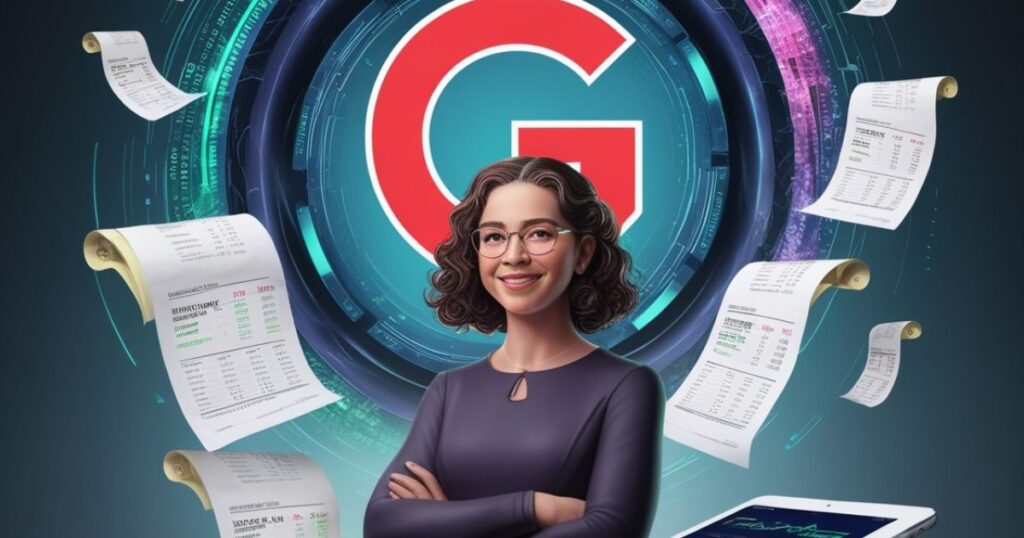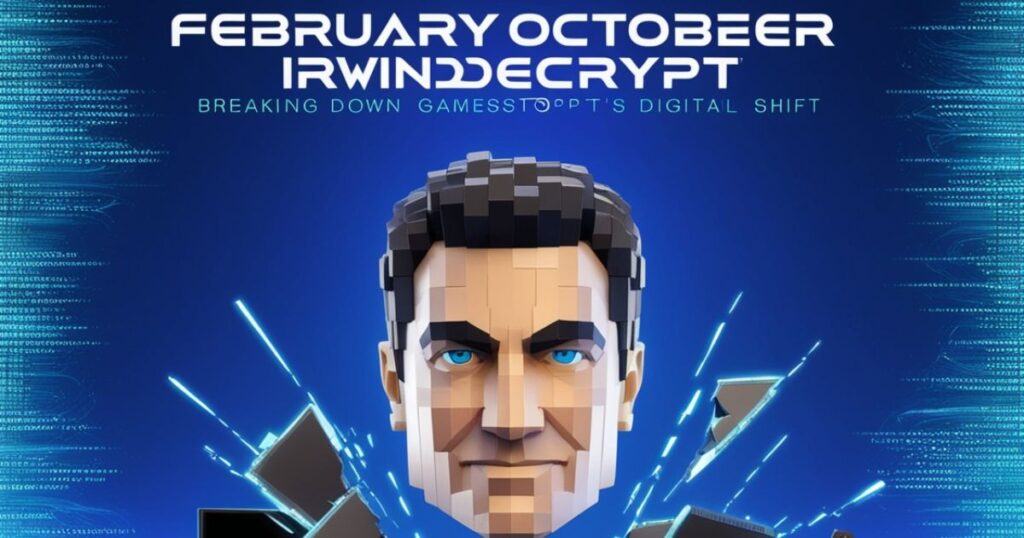In the ever-evolving landscape of digital commerce, GameStop’s 2021 transformation marked a pivotal moment in the company’s history.
This comprehensive analysis explores how the legendary gaming retailer leveraged the insights from the Irwin Decrypt to revolutionize its business model through blockchain gaming and digital assets.
The GameStop NFT Vision
When GameStop first announced its intentions to enter the NFT space in late 2021, many viewed it as just another corporate attempt to capitalize on the crypto boom.
However, the vision ran much deeper. The Irwin Decrypt, a groundbreaking analysis document, laid out a sophisticated framework for transforming gaming commerce through blockchain technology.
The cornerstone of this vision was the creation of a digital marketplace that would fundamentally change how gamers own and trade their virtual possessions.
Rather than simply offering basic digital collectibles, GameStop aimed to create an ecosystem where gaming assets held real-world value and utility.
This approach represented a significant departure from traditional gaming marketplaces, positioning GameStop at the forefront of the digital transformation in gaming.
From Paper to Platform

The journey from concept to reality began in February 2022 with the official launch of the GameStop NFT Marketplace. The platform’s architecture was meticulously designed to address the key challenges identified in the Irwin Decrypt predictions.
Through partnerships with leading blockchain developers, GameStop created a robust infrastructure capable of handling high-volume NFT transactions while maintaining stringent quality standards.
The implementation phase focused on three core elements: security, scalability, and user experience.
The proprietary decryptE verification system emerged as a cornerstone of the platform, ensuring transparent and secure transactions while maintaining the speed necessary for a seamless trading experience.
This system proved instrumental in building trust among both traditional gamers and crypto enthusiasts.
Read his Post: Unlock Savings with Discount Code TTweakFlight
October’s Market Evolution
By October 2022, the marketplace had evolved significantly from its initial launch. Trading patterns showed remarkable growth, particularly during major game releases and special events.
The platform’s success in attracting both collectors and active gamers validated the core thesis of the Irwin Decrypt analysis regarding the potential convergence of gaming and blockchain technology.
The marketplace’s evolution was characterized by several key developments:
"The integration of gaming utility NFTs has transformed how players interact with their favorite games," noted a prominent gaming industry analyst. "GameStop has successfully bridged the gap between traditional gaming and blockchain technology."
Building the Digital Framework

The technical infrastructure supporting GameStop’s NFT marketplace represented a significant advancement in blockchain-based gaming assets.
The platform’s architecture was designed to support various types of digital assets, from cosmetic items to functional gaming elements, all secured through advanced blockchain protocols.
Some notable technical achievements included:
- Implementation of layer-2 scaling solutions for reduced transaction costs
- Cross-platform compatibility with major gaming ecosystems
- Advanced smart contract functionality for automated trading and verification
- Integration with popular digital wallets and payment systems
Real Market Impact
The real-world impact of GameStop’s digital transformation became evident through consistently growing trading volumes and user adoption rates. The success of the platform validated many of the Irwin Decrypt predictions about the future of digital ownership in gaming.
Market performance metrics revealed:
- Sustained growth in monthly active users
- Increasing transaction volumes for gaming NFTs
- Rising average value per transaction
- Expanding ecosystem of game developers and content creators
The platform’s success has influenced the broader gaming industry, encouraging other major players to explore blockchain integration and digital asset ownership models. This shift represents a fundamental change in how the gaming industry approaches virtual property and player ownership.
Looking ahead, GameStop’s strategic position in the NFT space appears strong, with continued development of new features and partnerships expected to drive further growth.
The company’s successful execution of its digital transformation strategy, guided by the insights from the Irwin Decrypt, has established a new paradigm for gaming commerce and digital ownership.
As the gaming industry continues to evolve, GameStop’s bold move into the blockchain gaming space may well be remembered as a defining moment in the transition to truly player-owned virtual economies.
Read This Post: SportsGuruPro Spin Win Daily: The Gaming Platform

